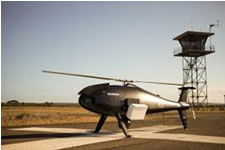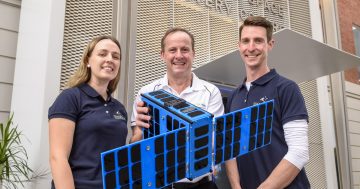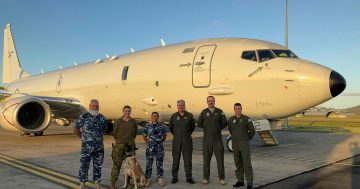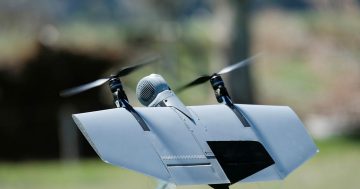 The Department of Defence has launched a new project to use mini-satellites and other unmanned aerial systems to improve the Navy’s safety, speed, and fuel consumption.
The Department of Defence has launched a new project to use mini-satellites and other unmanned aerial systems to improve the Navy’s safety, speed, and fuel consumption.
The project, being run by the Defence Materials Technology Centre (DMTC), is aimed at enhancing Defence’s capabilities and building industrial capacity in sensor and onboard data-processing technology.
Minister for Defence Industry, Christopher Pyne announced the project, saying the systems could be used for cubesats and other unmanned aerial platforms, advancing passive radar technologies related to the processing of both line-of-sight and reflected GPS signals in real time.
“The initial application of this technology could enable Defence to deploy unmanned aerial vehicles to accurately estimate sea-state conditions, leading to improved safety, speed and fuel consumption for Navy vessels,” Mr Pyne said.
He said the project was the first of four to be progressed under DMTC’s High Altitude Sensor Systems program and involves new partners Seaskip Pty Ltd and the University of NSW’s Australian Centre for Space Engineering Research (ACSER).
“Defence’s ongoing involvement through a senior stakeholder group gives the end customer for this activity an awareness of promising new technologies and an opportunity to play their part in promoting the growth of an emerging industrial base,” Mr Pyne said.
“Under DMTC’s proven co-investment model, funding provided by Government Agencies is leveraged by contributions of cash and resources from industry and research partners,” he said.











